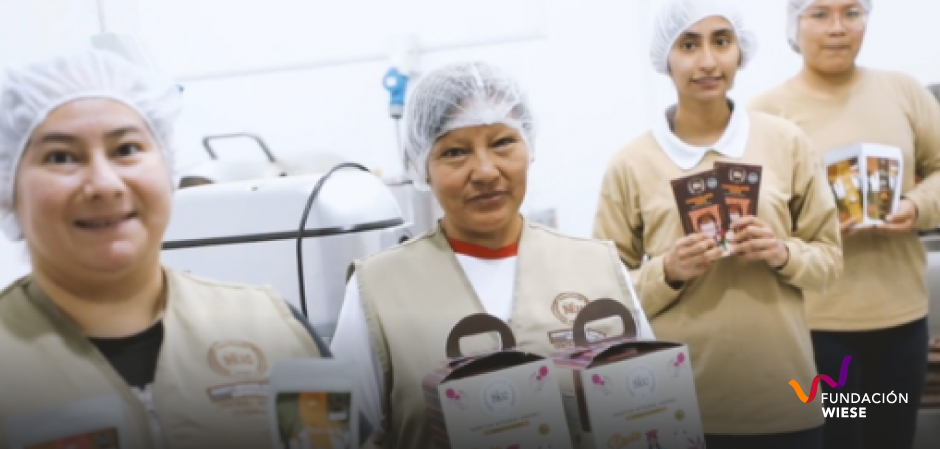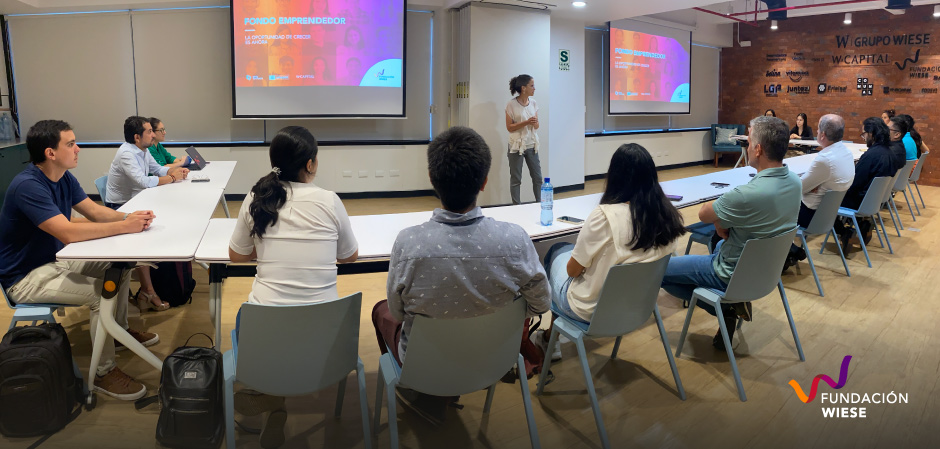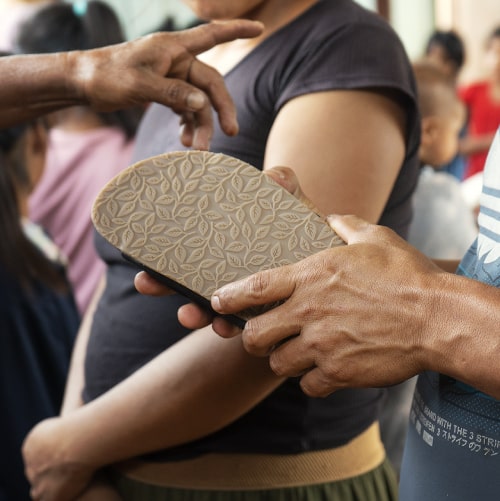Nowadays, the role of social entrepreneurship is fundamental for the construction of a more equitable and sustainable world. Hence, supporting initiatives that seek not only to generate income, but also to contribute to the well-being of ecosystems or vulnerable communities, has become an imperative need.
In this context, the Wiese Foundation is proud to be a pioneer in bolstering social entrepreneurship in Peru, creating with the Entrepreneur Fund a venue where innovation and social responsibility are intertwined in order to build a more promising future, through the support provided to ideas for social entrepreneurship.
In order to motivate the emergence and development of entrepreneurship endeavors, such as those that are part of the Entrepreneur Fund, in this post we will talk about them and how to make them profitable.
What is a social enterprise?
Social entrepreneurship is much more than a business model. It is a philosophy that seeks to address social, cultural and environmental issues through creative and sustainable solutions.

In our experience supporting social enterprises in Peru, we have observed that these initiatives seek, above all, to contribute to the comprehensive well-being of vulnerable communities. Rather than focusing solely on making financial gains, social entrepreneurs seek to generate a positive and sustainable impact on society.
How to create a profitable social enterprise?
If you’re planning to start a social enterprise that’s profitable, here are some pieces of advice that will help you:
- Define your social objective: Before starting your entrepreneurial undertaking, define clearly what your social objective will be. Identify the specific problem that you will be addressing and how your initiative will contribute to the well-being of the community. This clarity will guide you every step of the way.
- Find an innovative solution to the problem: Look for creative and effective solutions to the problems that you may identify. At the Wiese Foundation, we encourage thinking about new approaches, technologies or business models, that make a difference in a sustainable way.
- Design your business model: Although the main purpose is social, economic sustainability is essential. Design a business model that not only generates revenue, but also one that guarantees the continuity of your social impact in the long term. At this point, you may explore various sources of income to strengthen your endeavor.

- Validate your business idea in the market: Conduct an exhaustive market study to validate the connection of your business endeavor with the people. This way you will know how they react to your proposal, and you will be able to corroborate if there is really a demand for your product.
- Implement effective marketing strategies: These will allow you to communicate your mission, values, and products or services. Focus on telling impactful stories that highlight the social purpose of your business.
- Manage efficiently your resources: From financing to logistics, make sure that you use effectively every available resource. This includes maximizing donations, investments, and any other types of support received.
Entrepreneur Fund: The fund that helps consolidate and upscale Peruvian enterprises
The Wiese Foundation has taken a significant step in supporting social entrepreneurship through the Entrepreneur Fund program. This program not only offers financing, but also provides training and professional accompaniment to social enterprises formally constituted in Peru.
The initiative is structured in three stages: call for applications, pre-acceleration and acceleration. The call for applications, which is an open one, selects eight companies that subsequently participate in the pre-acceleration stage, undergoing a due diligence process, in which they work with specialists to analyze different areas of their business, validate their capacity to receive investment and develop instruments to present themselves to potential investors.

Of the eight companies, only four that complete the due diligence process move on to the acceleration stage and are featured in the final portfolio of the Entrepreneur Fund. By being part of it, they receive significant benefits, such as financial funding, professional advice and training aimed at their management team.
The second call for applications by the Entrepreneur Fund already has its new portfolio, comprised of: Caxacori Studio, Away Pallay, Inkao Peru and the Peruvian Association of Blood Donors. We invite you to learn more about this program here → https://www.fundacionwiese.org/en/solidarity-fund/entrepreneurial-fund
You can also read:









